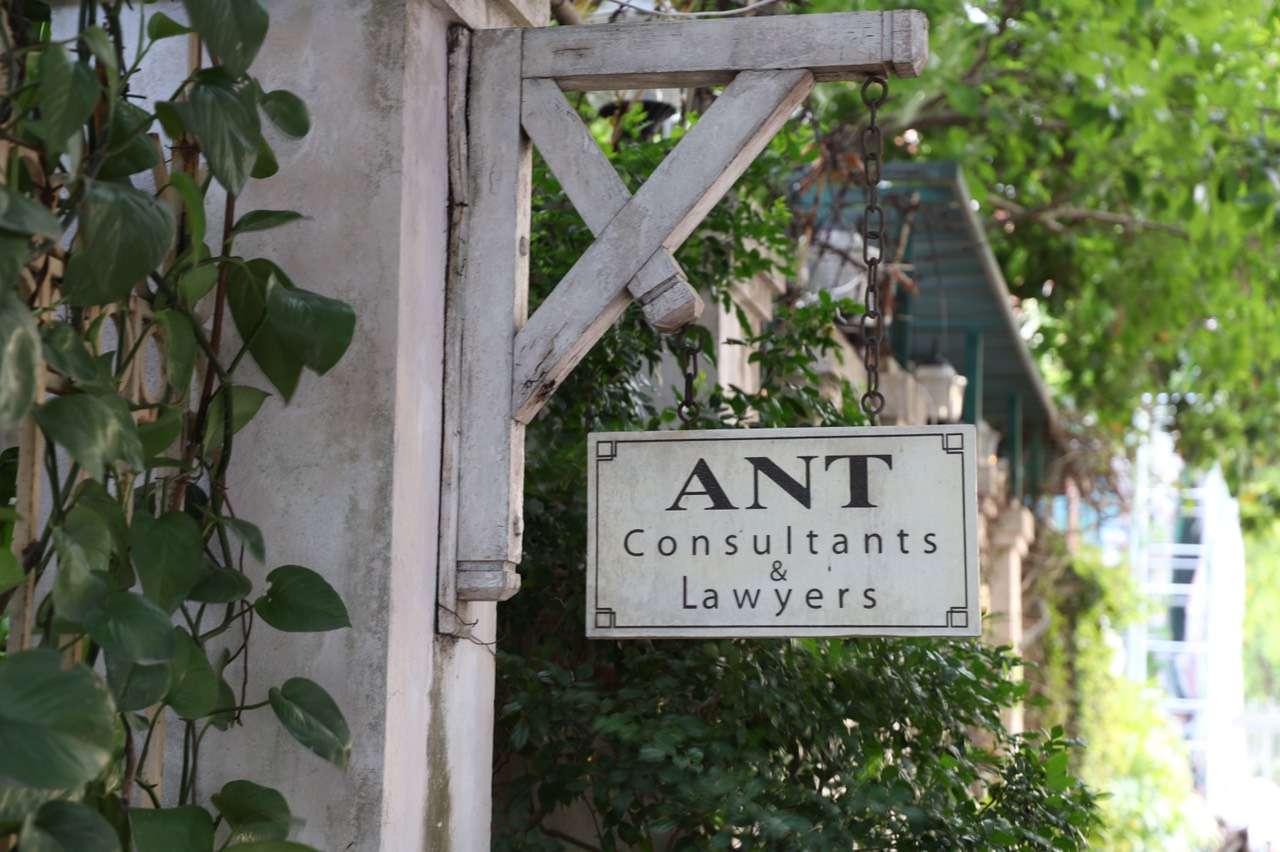How to Determine Labour Relationship under Labour Code 2019?
During Covid pandemic, many companies face economic challenges that need to reduce the high paid workers’ cost. There are situations which dispute arisen and the employee started to realize that the contract he or she signs with the company he or she spends eight hours each day, follows instructions of work from supervisors, and receives monthly payment at the end of the month, seems to be a consulting contract on the face instead. Is this a consulting contract or a labour contract? It is suggested the disputants engage the dispute lawyers to help resolve the potential conflict or help provide legal opinions if a labor relationship is established or not.
A labour contract is essentially a civil transaction, whereby the employer and the employee enter into it on the basis of voluntarity, equality, goodwill, cooperation and honesty. According to the provisions of the Vietnam Labor Code 2019, “a labor contract is an agreement between an employee and an employer on a paid job, salary, working conditions, and the rights and obligations of each party in the labor relations”. In addition, the agreements which are not under the name of a labor contract but have content showing paid employment, salary and the management, administration and supervision of one party are considered as labor contracts.
An employee is allowed to enter into many labor contracts, but the employee must ensure compliance with signed contracts, this provision creates conditions allowing employees to use their full working capacity and have additional sources of income.
Contents of the labor contract must contain information about the employer and employee; Specific information about the job and workplace; Duration of the employment contract; Job- or position-based salary, form of salary payment, due date for payment of salary, allowances and other additional payments; Regimes for promotion and pay rise; Working hours, rest periods; Personal protective equipment for the employee; Social insurance, health insurance and unemployment insurance; Basic training and advanced training, occupational skill development, these are basic but very important contents that employees need to pay attention to negotiating closely and fully to ensure the interests of employees in the process of contract performance. Besides, depending on the job and job position, the employer and the employee can agree in writing on issues related to information confidentiality, however, the employer needs to pay attention to building an appropriate system of internal labor documents to ensure the practical and effective application of information confidentiality.
Regarding the probationary contract, Labor Code 2019 allows employees and employers to agree on the content of the probationary period in the labor contract itself or sign a separate probationary contract. The agreement on the content of the probationary period in the labor contract will cause some insurance obligations to the insurance agency, therefore, the employer and the employee need to carefully search relevant legal provisions in order to negotiate and agree on the contents of the labor contract to ensure compliance with the law and the rights and obligations of both parties.
In addition, in case the employee and the employer wish to amend, supplement or replace the agreed contents in the labor contract, the two parties sign an addendum to the labor contract to amend the respective contents. However, if the term of the labor contract is changed, the parties must agree to terminate the old labor contract and enter into a new labor contract. The labor contract appendix is an integral part of the labor contract and has the same effect as the labor contract.
Employees as well as the labor collective and employers should pay attention to selecting the most appropriate and optimal resolution solution when labor disputes occur. It is also suggested to consult with labour lawyers of Labour dispute law firm in Vietnam speacializing in employment matters for efficiency.



































